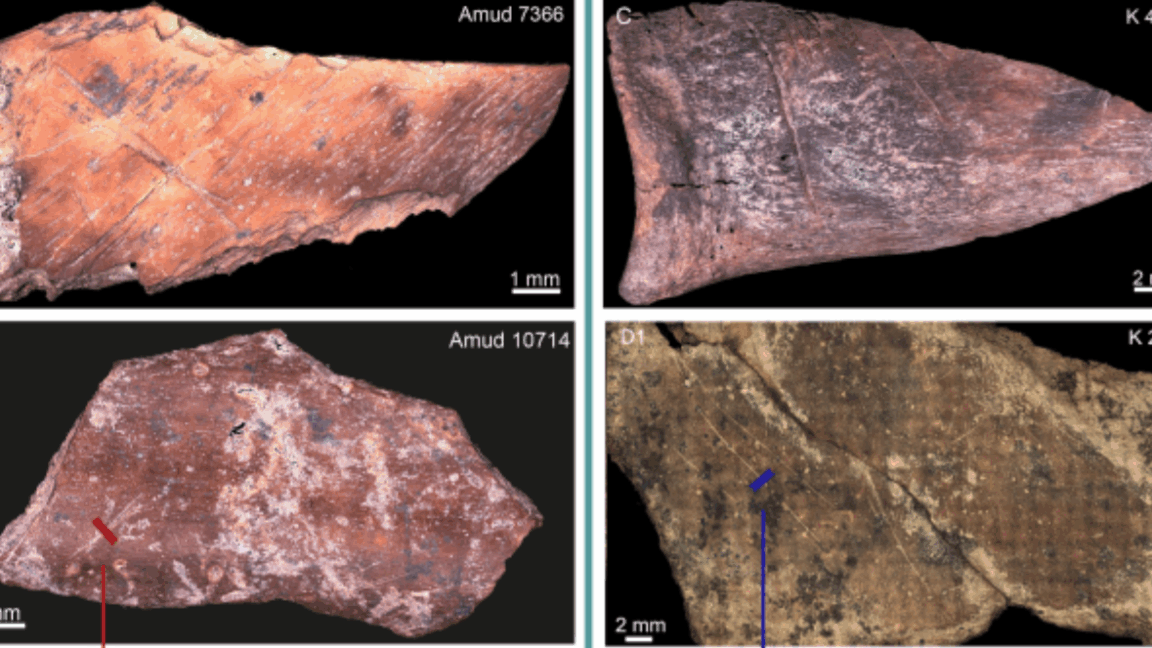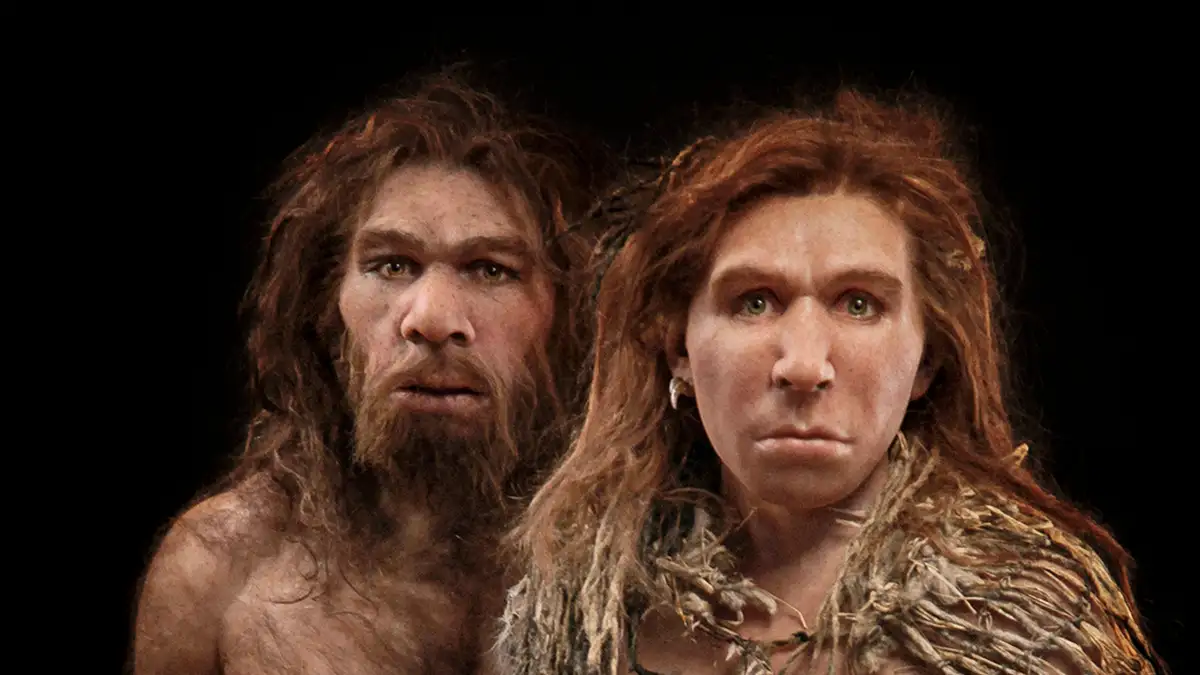T4K3.news
Neanderthal dietary differences revealed in new study
A study uncovers distinct eating habits among two Neanderthal groups in northern Israel.

A new study shows distinct dietary habits among Neanderthals based on their geography.
Neanderthal diets reveal cultural differences in ancient Israel
A recent study led by archaeologist Anaëlle Jallon from Hebrew University highlights the dietary differences of two Neanderthal groups that lived close to each other in northern Israel. While both groups inhabited similar environments near the Sea of Galilee, their food choices varied significantly based on their respective caves, Kebara and Amud. Researchers analyzed animal bones from both sites, revealing unique butchering patterns and preferences for specific types of meat. Surprisingly, these findings illustrate that cultural and culinary distinctions existed among Neanderthals even within a short distance.
Key Takeaways
"Differences in butchering techniques suggest specific cultural practices."
This highlights how diet reflects cultural identity among Neanderthals.
"Neanderthals had a veritable buffet of game to choose from."
This emphasizes the rich hunting resources available to these ancient humans.
"The research shows that cultural and culinary distinctions existed among Neanderthals."
This statement encapsulates the key finding of the study.
"These findings illustrate that even slight geographic separations led to different food choices."
This reinforces the notion of diverse lifestyles among nearby Neanderthal groups.
This research suggests that early humans were not only skilled hunters but also developed distinct cultural identities reflected in their diets. The observation that Neanderthals living just 70 kilometers apart preferred different animals and cuts of meat argues against a monolithic view of their lifestyles. It also indicates social structures and perhaps differences in food preparation techniques, which may have played roles in their survival and adaptation. As archaeological techniques improve, we may uncover even more intricate aspects of ancient lives and the significance of local resources in shaping culture.
Highlights
- Neanderthals had more than survival on their minds.
- Two caves, two cuisines, one ancient people.
- Dietary preferences tell a deep story of Neanderthal life.
- Culinary choices shaped Neanderthal culture.
Cultural significance of dietary practices
The study's implications for understanding the social structures of Neanderthals may lead to controversial interpretations about early human behavior.
As research progresses, the roles of diet and culture in human evolution continue to unfold.
Enjoyed this? Let your friends know!
Related News

Neanderthals may have feasted on maggots

Research suggests maggots were part of Neanderthal diets

Neanderthal diet research reveals maggots as key food source

New findings reveal connections between humans and Neanderthals

Study reveals why Americans gain weight despite calorie burn

New research challenges fasting diets for obese individuals

New Fossils in China Upend Human Evolution Theories

Neanderthals displayed distinct butchery styles in Northern Israel
